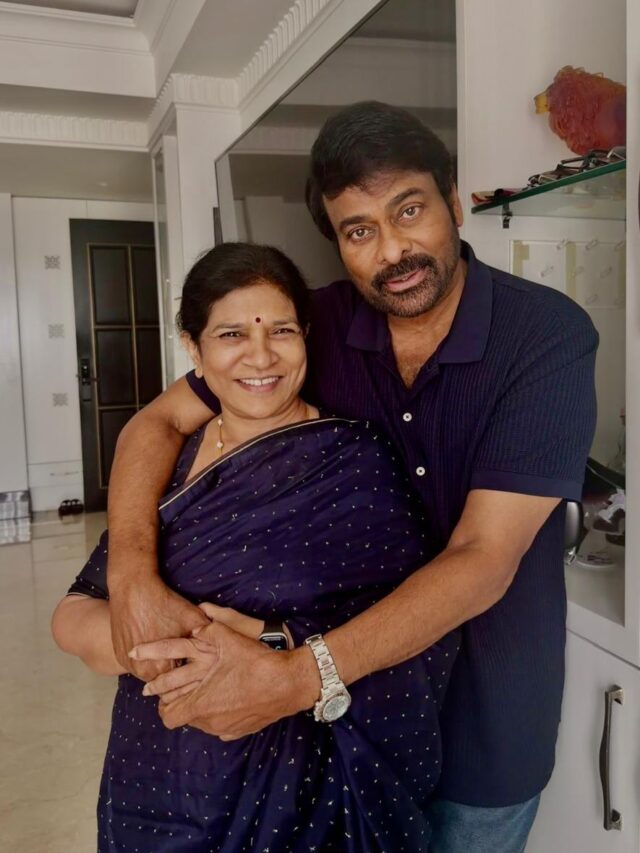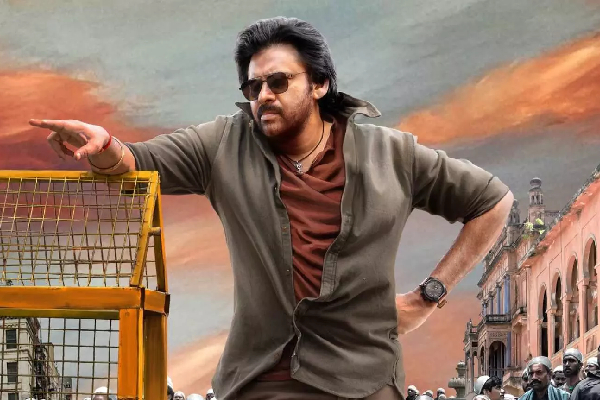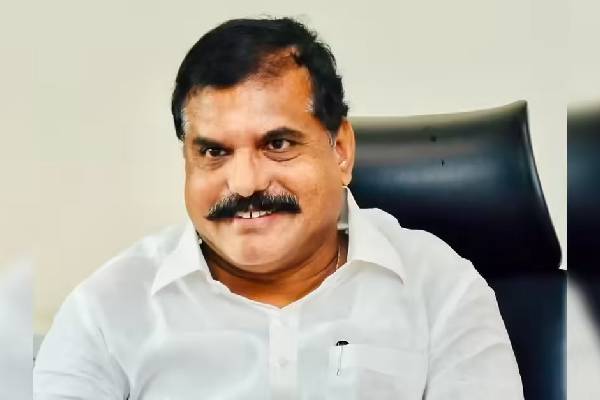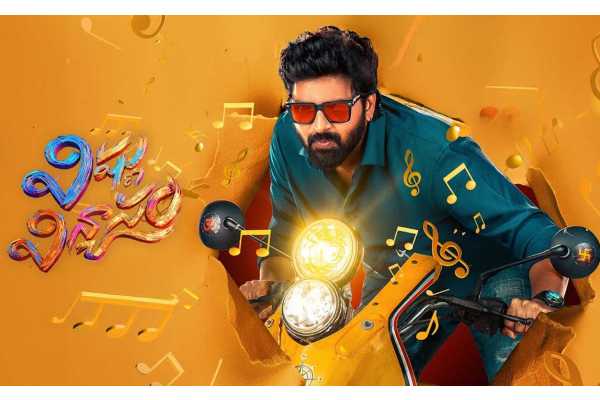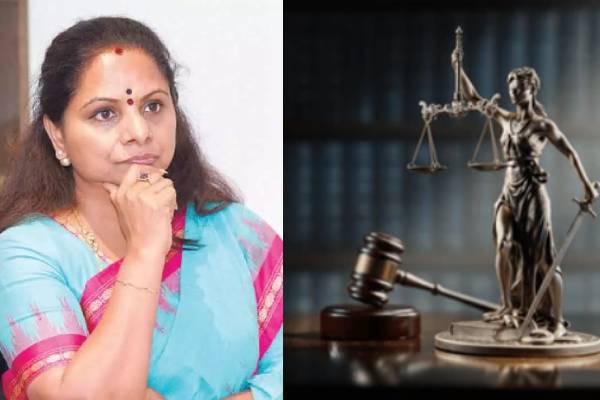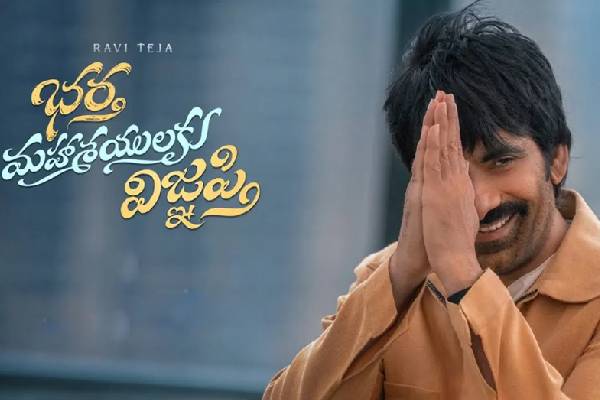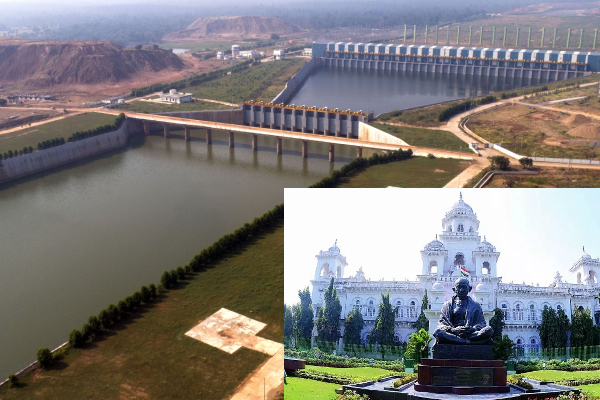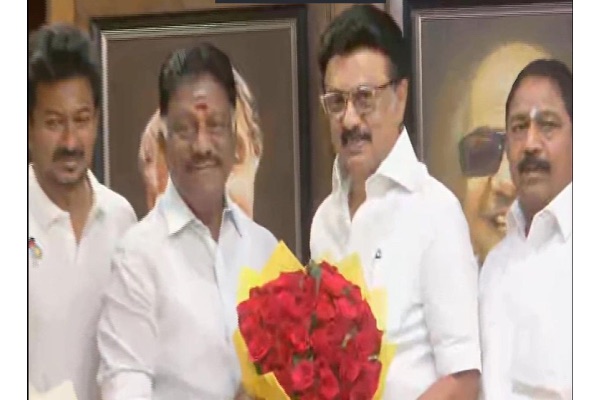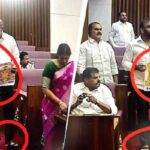The Telangana Assembly’s debate on the P.C.Ghose Commission report over the Kaleshwaram project has transformed into a wider political battle. What began as a discussion on irrigation and financial irregularities ended with the government’s recommendation to hand the case to the Central Bureau of Investigation (CBI). This single decision has shifted the focus of the controversy and surprised political circles across the state.
PC Ghose Commission Findings
The Commission, led by former Supreme Court judge Justice Pinaki Chandra Ghose, examined lapses in the construction of Medigadda, Annaram, and Sundilla barrages. It found negligence, suppression of facts, and misuse of funds, concluding that the previous BRS government under then Chief Minister K. Chandrashekar Rao bore responsibility for poor planning and execution. The National Dam Safety Authority also pointed to design flaws and quality lapses that caused structural damages at Medigadda. The Assembly debate also underlined the massive debt created by the project. Borrowings of over ₹85,000 crore, much of it at high interest rates, left the state servicing nearly ₹50,000 crore already while still carrying over ₹60,000 crore in outstanding liabilities. Additional funds will be required to complete the unfinished works, sparking concerns over fiscal management and accountability.
Why the CBI Probe Matters
Chief Minister Revanth Reddy argued that since multiple central and state agencies, as well as public sector lenders, were involved, only a CBI probe could ensure a credible inquiry. By law, the CBI may take up cases recommended by states, but it has the discretion to decide whether to proceed. Even if evidence is sent, the agency’s willingness determines the pace of investigation. This uncertainty, however, has not diluted the political impact of the recommendation.
Political Shockwaves
The decision took both the BRS and BJP by surprise. For the BJP, which has often demanded accountability over Kaleshwaram, the Congress government’s move unexpectedly placed a powerful instrument in its hands. For the BRS, the prospect of a central agency probing financial and structural irregularities has heightened the pressure on its leadership. The debate also witnessed sharp criticism from BJP MLA Palvai Harish, who accused the previous regime of misusing public money and questioned the personal accountability of KCR and his family. If the CBI proceeds with a case, it could significantly tighten the BJP’s influence over the political narrative, leaving BRS on the defensive. While a state-level inquiry could have triggered immediate actions such as arrests, the CBI’s involvement means slower but potentially deeper scrutiny. For KCR, this reduces the immediate fear of state-driven action but increases long-term dependence on how the BJP chooses to position itself on the issue.
A Calculated Gamble by Congress
Observers see Chief Minister Revanth Reddy’s decision as a strategic gamble. By sending the matter to the CBI, he avoided accusations of political vendetta. If the CBI investigates aggressively, Congress can claim credit for exposing corruption. If it does not, Congress can argue that BJP and BRS are protecting each other. Either way, the ruling party distances itself from direct confrontation while letting its rivals bear the political cost. With this referral, the Kaleshwaram controversy is no longer just about irrigation engineering or debt. It has now become a political battleground between BRS and BJP, while Congress positions itself as the referee. Whether this strategy benefits or hurts the ruling party will depend on how far the CBI goes and how the people of Telangana judge the government’s decision.











